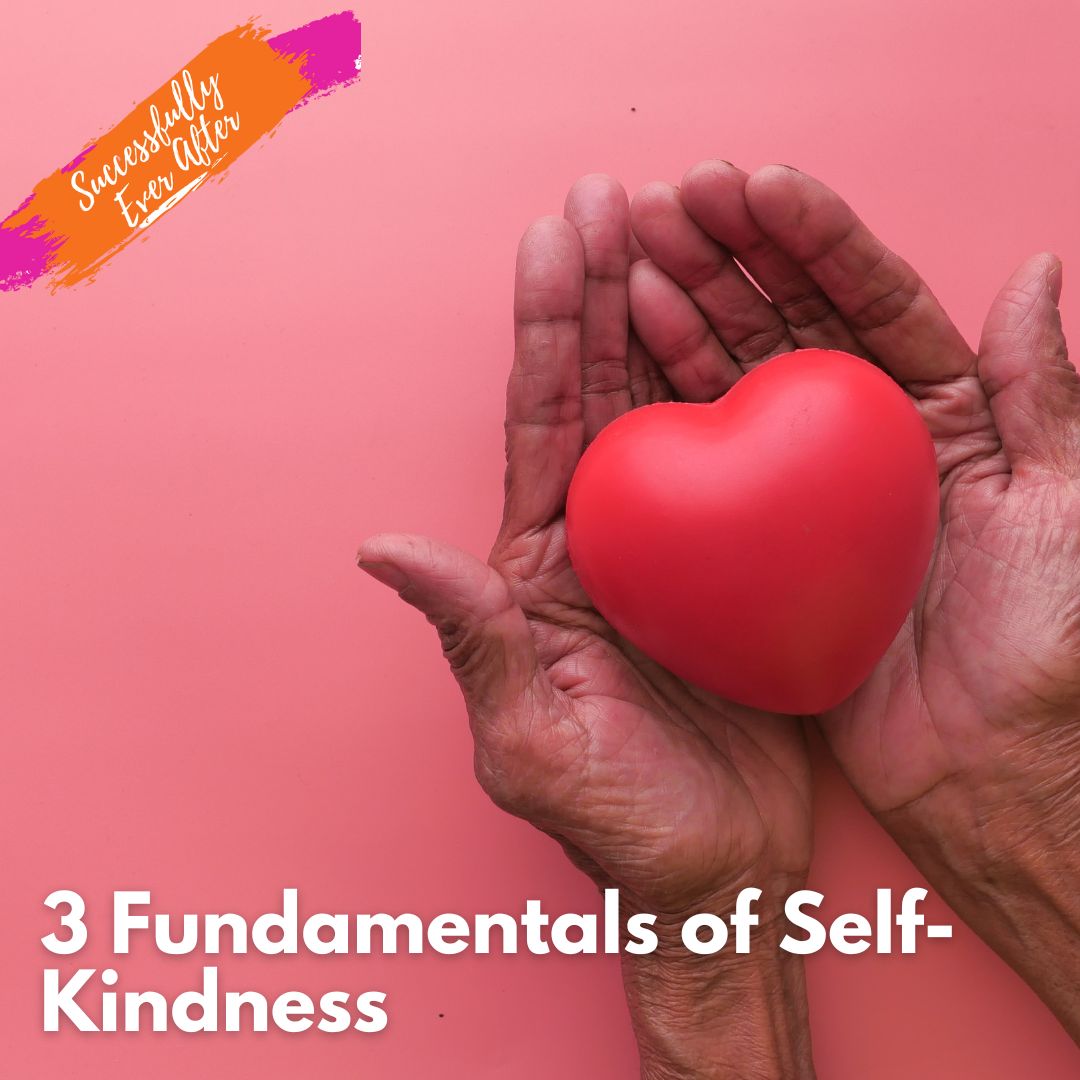In talking about the importance of kindness, it’s easy to forget that you have to start with being kind to yourself. How does it feel to hear that? Maybe it makes you uncomfortable. After all, you were probably brought up to think of others first, to be unselfish, to put your own needs behind other people’s.
But having real compassion means that you treat yourself the same way as you would a friend who was suffering.
There are three fundamental elements of building compassion and learning self-kindness.
- Letting go of self-judgment
Listen to your self-talk for a moment. How are you feeling about the whole idea of self-kindness? Many people have a negative mixtape inside their heads that is full of judgment and self-criticism aimed at themselves. A negative loop that uses words they would never dream of saying to other people.
Developing self-compassion means letting go of perfectionism. It means being okay with making mistakes and even embracing failure.
Self-kindness acknowledges that life is full of ups and downs and that going through hard times isn’t necessarily someone’s fault. By accepting the reality of life and letting go of self-judgment, you will find calm and understanding.
- Accepting that it’s not just you
One of the worst aspects of going through a tough time is feeling that you’re alone in your suffering. Be kind to yourself and acknowledge that being human means being imperfect and vulnerable. Bad times come and bad times go, and you’ll make it through. It happens to everyone because it’s part of the human condition.
So, take a deep breath, take a step back, and treat yourself gently until the storm has passed.
- Seeking a middle ground
It can be tempting to fall into negativity when things don’t go your way. But try taking a mindful approach that acknowledges your feelings but doesn’t over-identify with them. Wallowing in your unhappiness or beating yourself up is unhelpful.
Mindfulness means taking a step back and observing what is happening without getting caught up in the emotions, or at the other end of the scale, trying to suppress or deny what you’re feeling.
Acknowledge your emotions and the situation you find yourself in, but also find some perspective. Consider what is happening in your life and compare your experience to what is happening in the world. To develop genuine compassion, you must acknowledge your own pain and come from a place of acceptance for yourself so that you can offer it to other people.
If you want more secrets to building a successful career brand, you can:
Join Successfully Ever After an online course designed to help you create a personal brand designed with career success in mind within 30 days.
Subscribe to my YouTube channel and watch quick tips to help your job search or make yourself promotable.
Join my private Successfully Ever After Facebook Group for trainings and information designed for success-seekers.
Check out my audio books: Get Noticed, Get Hired or When In Doubt, Delete It!
Think career coaching is for you? Schedule a consultation and let’s talk!



